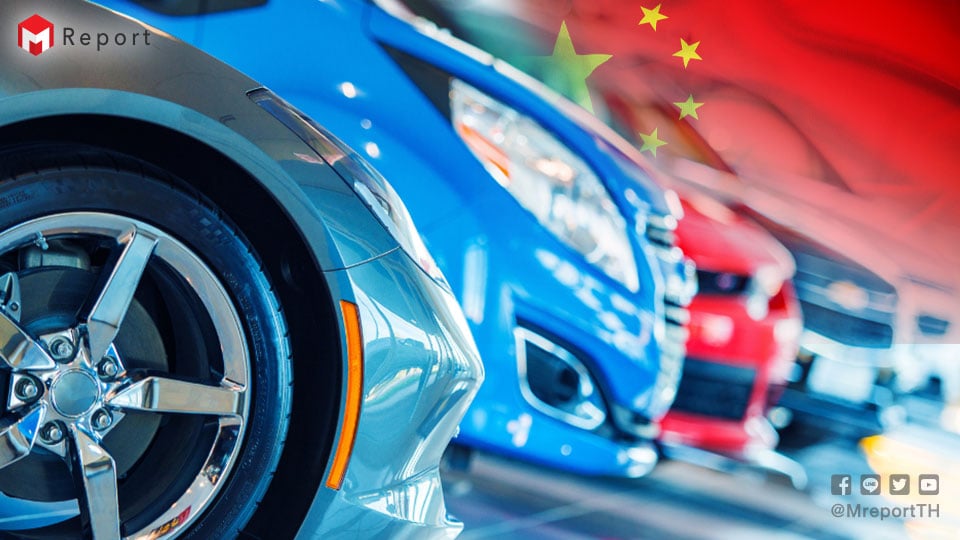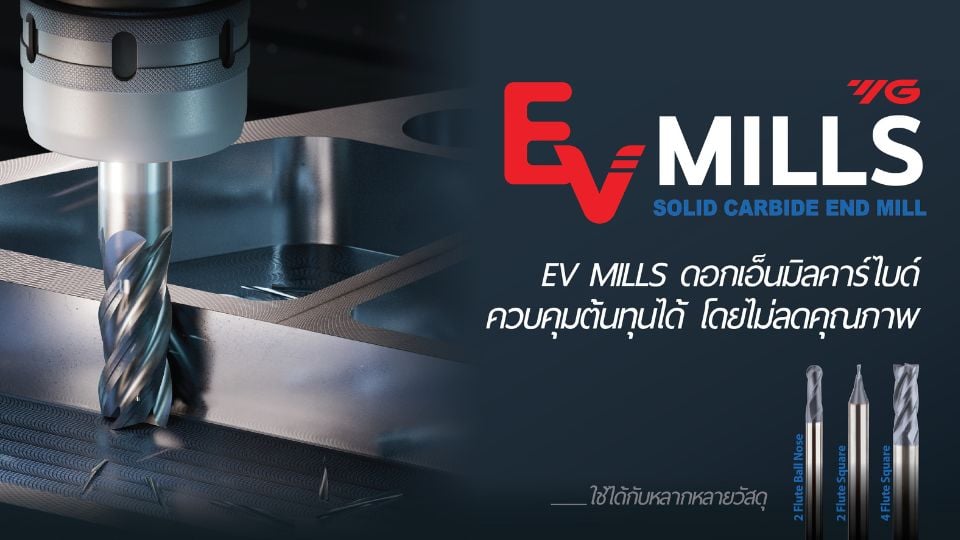
China's Auto Sales Surge in H1 2023: Electric Vehicle Trends and Slowdown Challenges
China's auto sales increased 8.8% in H1 2023 due to electric vehicle purchases, but growth is slowing with the cooling economy.
In the first half of 2023, China's auto sales increased by 8.8% compared to the same period last year, according to the China Association of Automobile Manufacturers (CAAC), driven by a surge in electric vehicle purchases. However, the growth rate is slowing down as the economic rebound from the end of anti-virus controls cools. SUVs, sedans, and minivan sales reached 11.3 million, showing a deceleration from the 9.5% growth in 2022. Total vehicle sales, including trucks and buses, rose by 9.8% to 13.2 million.
Global automakers are relying on China's market for sales growth as demand in the U.S. and Europe levels off. They are investing heavily in developing electric vehicles to meet government sales quotas. However, Chinese brands are gaining momentum, capturing market share, and competing with global majors by exporting to Europe and Japan.
China's economic growth rebounded to 4.5% in the first quarter of 2023, but the recovery faded more quickly than expected due to weakened factory and consumer activity. The country's growth target for the year is around 5%, but some private sector forecasters expect it to be as low as 4%.
The growth in auto sales slowed to 2.1% year on year in June, totaling 2.3 million, while total vehicle sales decelerated to 4.8%, reaching 2.6 million.
Sales of hybrid and pure-electric vehicles increased by 44.1% in the first half of 2023, totaling 3.7 million. However, this growth rate is less than half of the annual growth seen in 2022 (93.4%). Electrics accounted for a record 28.3% of total sales, up from 25.6% in the previous year.
China has become the largest market for electric vehicles, with the government investing heavily in subsidies to lead the promising industry. Automakers now need to earn credits for selling electrics, incentivizing them to develop popular models without relying on subsidies. Many companies are forming partnerships to share the high development costs of electric vehicles.
Some Chinese electric vehicle manufacturers, like BYD Auto and Geely Group's Zeekr, have expanded sales to Japan and Europe. Geely, which also owns Volvo Cars and the all-electric luxury brand Polestar, is among those making strides in foreign markets.






